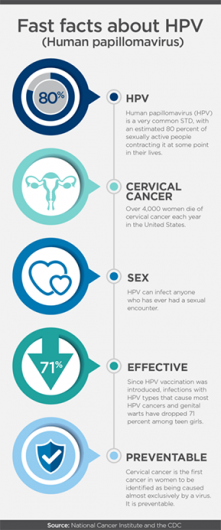Q: I am on Renvoq. Can I receive any of the COVID-19 Vaccines?
A: Based on the current information, yes. People with rheumatic diseases will not be able to get any of the live vaccines under development for the novel coronavirus. However, according to William Chen, MD, Chief of the Adult Clinical Studies, Center for Vaccine Development and Global Health, University of Maryland, “…we don’t expect that there will be any issue with non-live vaccines.” The currently announced vaccines use a new technology whereby a genetic molecule called messenger RNA (mRNA) teaches cells to create a version of the coronavirus spike protein. This prompts the immune system to make antibodies against this protein so the body can recognize the virus and fend off future infections. Unlike traditional vaccines that use weakened live or dead versions of the entire virus, these new types of vaccines are expected to be as safe for immunocompromised patients and patients on immunosuppressant medications.
Current, although limited, evidence shows that people taking disease-modifying antirheumatic drugs (DMARDs), including biologics, are not at a higher risk for getting COVID-19 and the death rate is the same as the regular population. 2.8% of those hospitalized for COVID have autoimmune disease which is about equal or even less than the percentage of those in the general public. European League Against Rheumatism (EULAR) suggests that the majority of people with rheumatic diseases who contract COVID-19 have similar outcomes to the general population, regardless of which disease-modifying medication they take. There is some limited, observational data that there are some medications taken for rheumatic disease that may be slightly protective.
Do note that certain medications may need to be temporarily stopped if you have a confirmed COVID-19 infection, have been exposed to someone with a COVID-19 infection, or are experiencing common COVID-19 symptoms such as fever, dry cough, or shortness of breath. However, please do not stop or change medication dosage without contacting your rheumatologist or primary care provider. This is especially important with corticosteroids, which should never be stopped suddenly.






